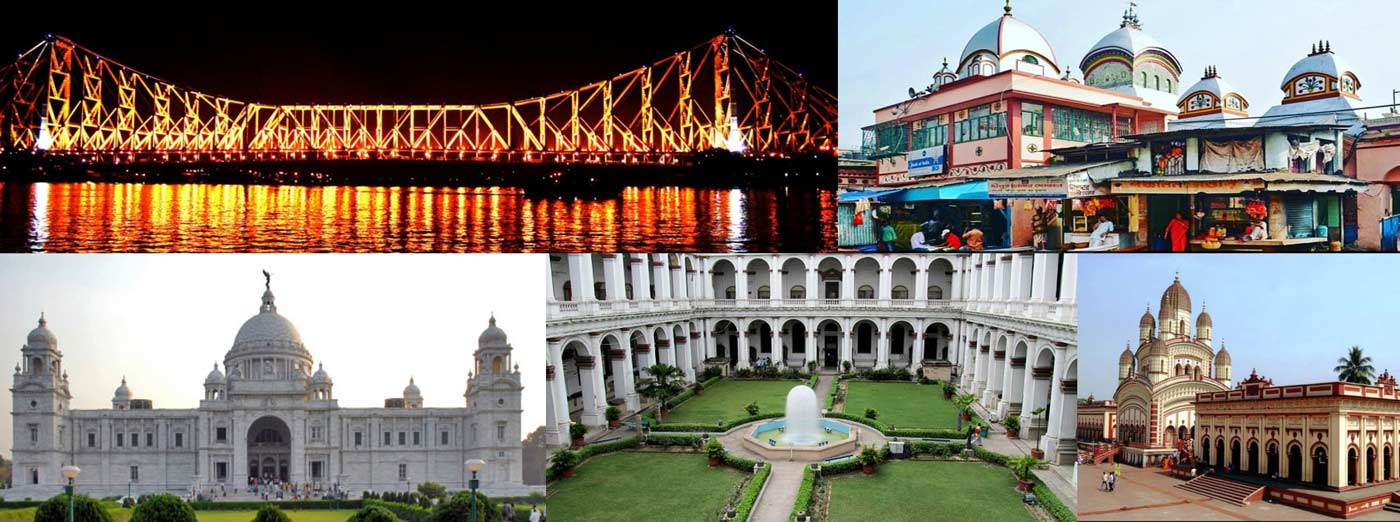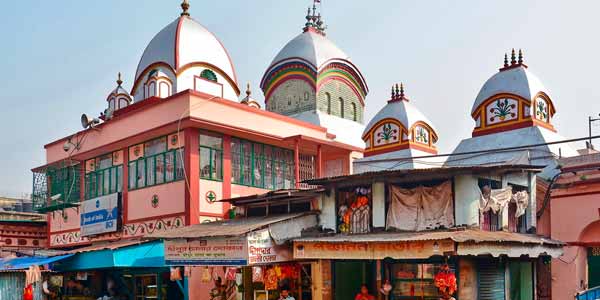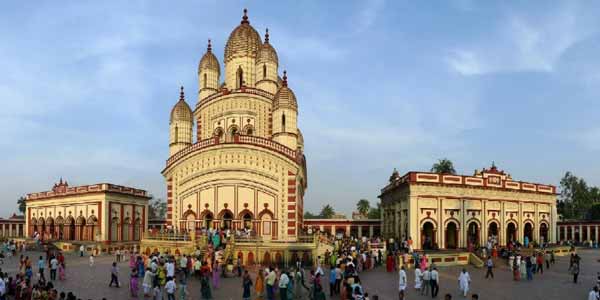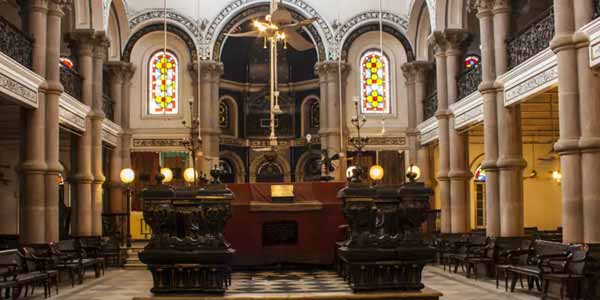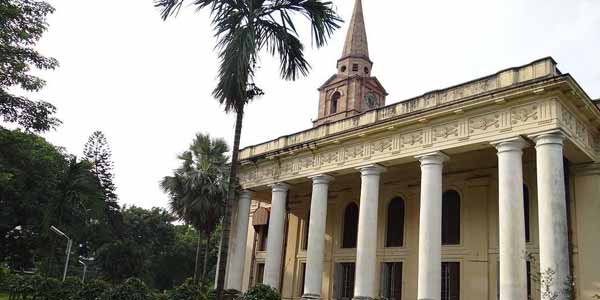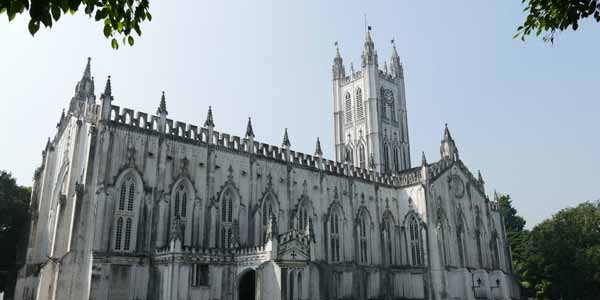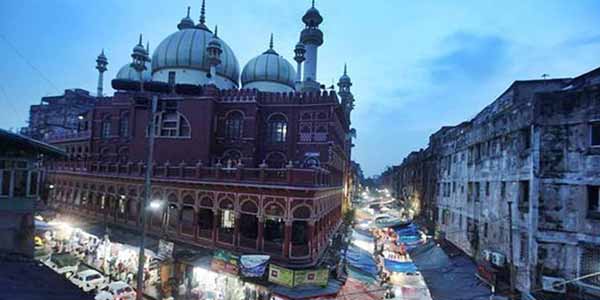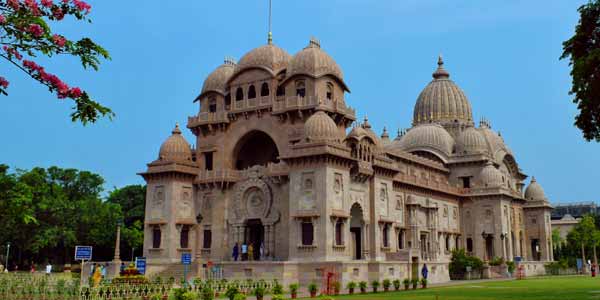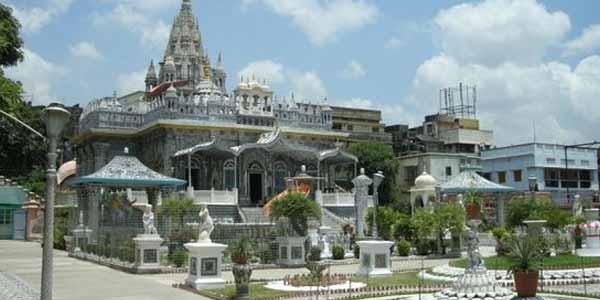
Nakhoda Mosque in Kolkata
Nakhoda Masjid is the principal mosque of the city of joy Kolkata, India, in the Chitpur area of the Burrabazar business district in Central Kolkata, at the intersection of Zakariya Street and Rabindra Sarani. The mosque was built as an imitation of the mausoleum of Mughal Emperor Akbar at Sikandra, Agra by Kutchi Memon Jamat, a small community of Sunni Muslim community from Kutch. Abdur Rahim Osman, a leader of the Kutchi Memon Jama’at, who funded the building was a shipping prince: The mosque was named Nakhoda meaning Mariner. The foundation stone was laid on 11 September 1926. The total cost incurred for the construction was 1,500,000 Indian rupees in 1926.
Religious Places in Calcutta
Religious Places in Calcutta, India’s second-largest city, located on India’s Eastern Coast, boasts of being an artistic, cultural and intellectual capital of the country. Its streets and bylanes are vivid, hectic, chaotic, and yet, brimming with life and creativity, and soaked in layers of heritage and culture. The city served as the erstwhile capital of the British empire before the government was shifted to Delhi, and thus features a unique touch of its royal past lingering in every nook and cranny. The metropolitan city is famous for its vibrant cultural and historical places and ethnicity and is a divine hub for innumerable temples, many of which are extensive pilgrimage sites.
 +91 9799050299
+91 9799050299 